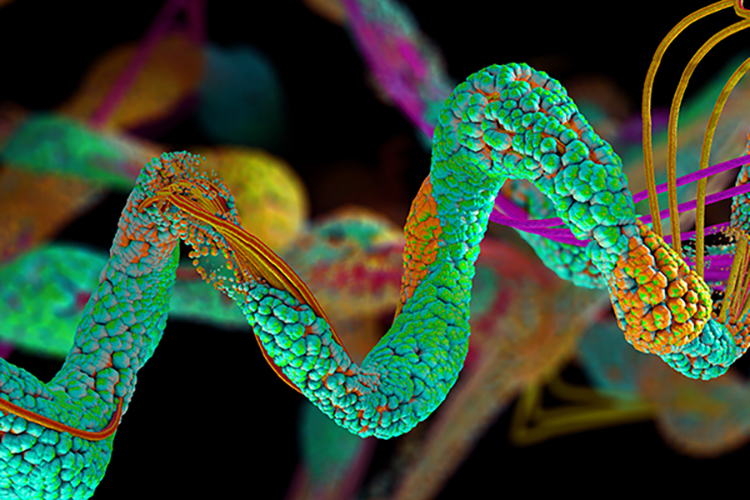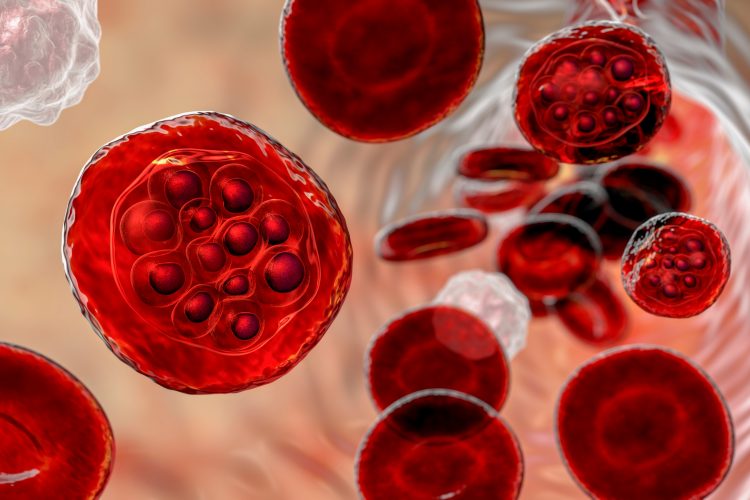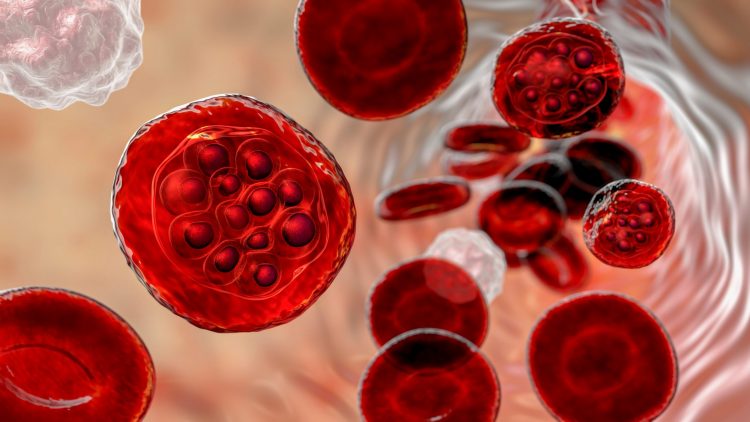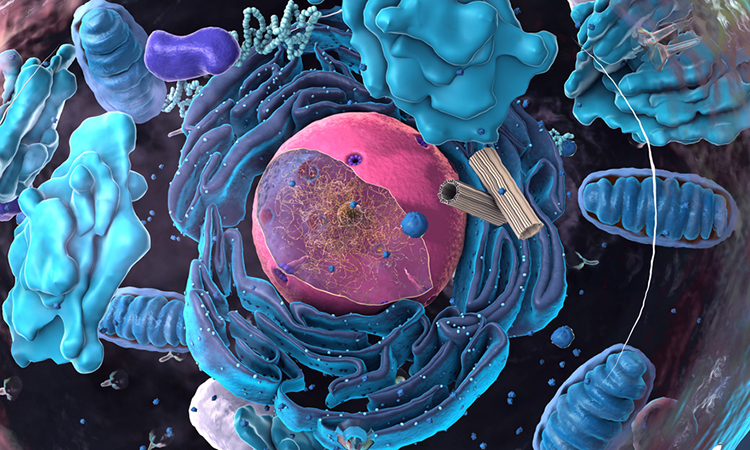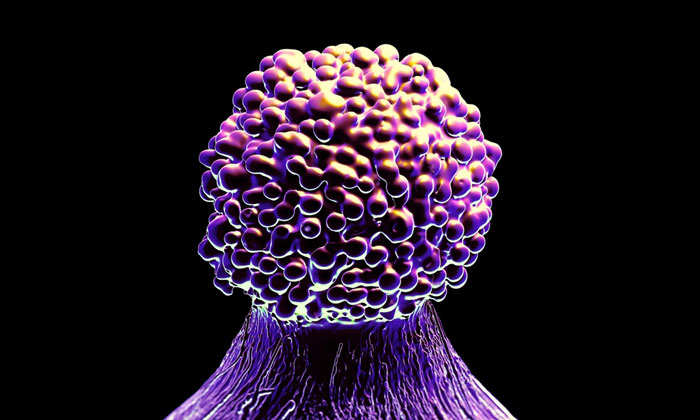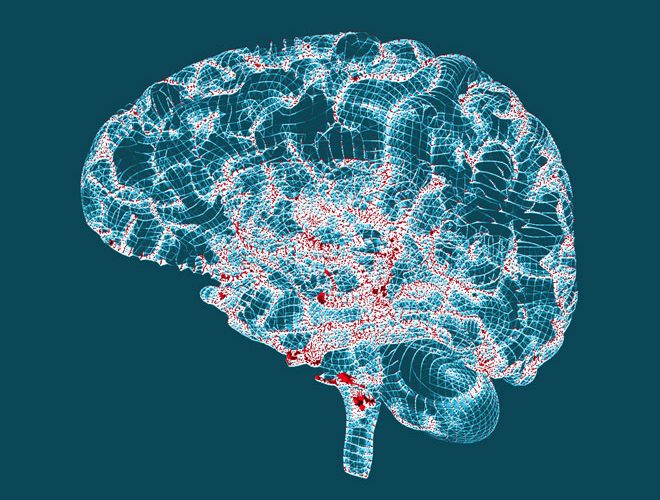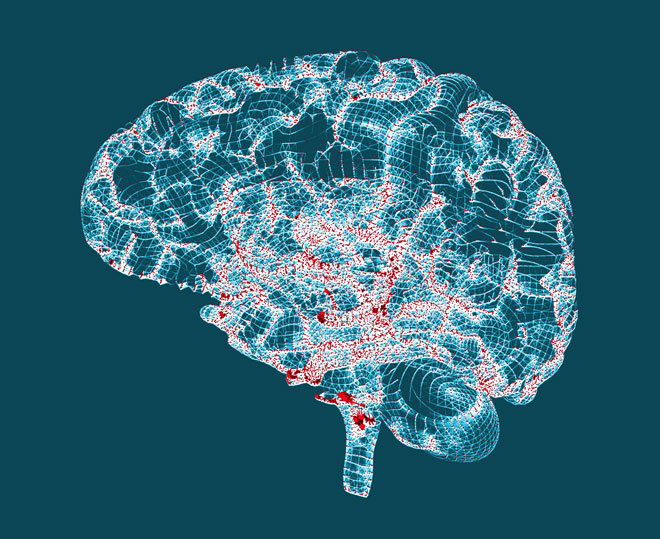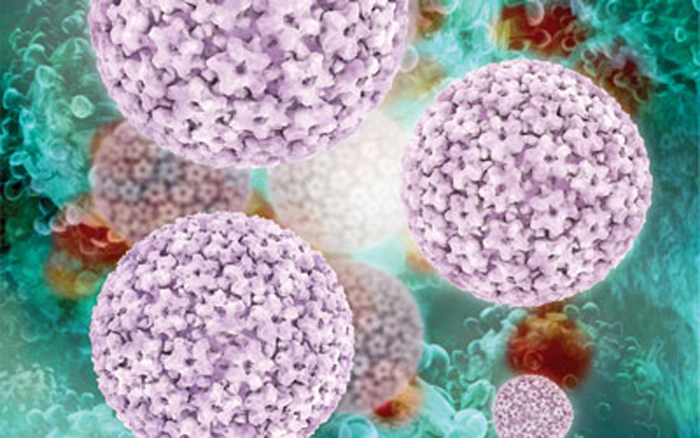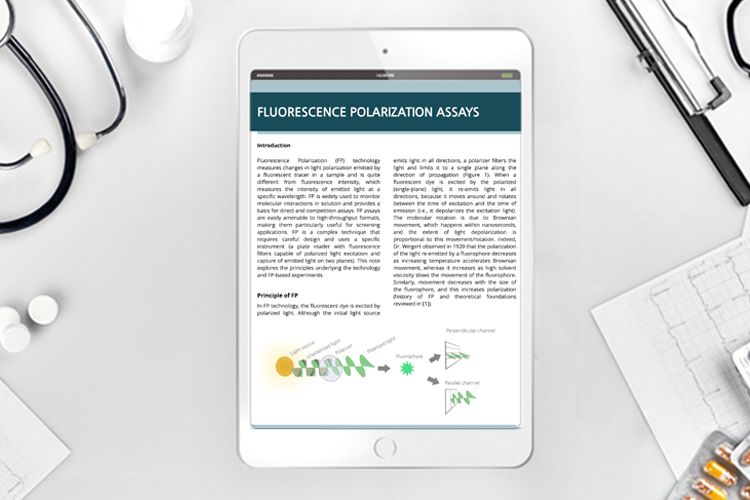Possible adulticidal drugs for Onchocerca volvulus
This article discusses the need for adulticidal drugs to treat Onchocerca volvulus infections, a parasite causing onchocerciasis (river blindness), as the current treatment with ivermectin and surgery presents challenges for affected communities. It highlights research findings on the potential of analgesic medicines to target adult worms and emphasises the importance…



![In experiments in rats and mice, two Johns Hopkins scientists -- an engineer and an ophthalmologist -- report the successful use of nanoparticles to deliver gene therapy for blinding eye disease. A uniquely engineered large molecule allows researchers to compact large bundles of therapeutic DNA to be delivered into the cells of the eye [credit: John Hopkins Medicine].](https://www.drugtargetreview.com/wp-content/uploads/nanoparticle-gene-therapy-blindness-image.jpg)



